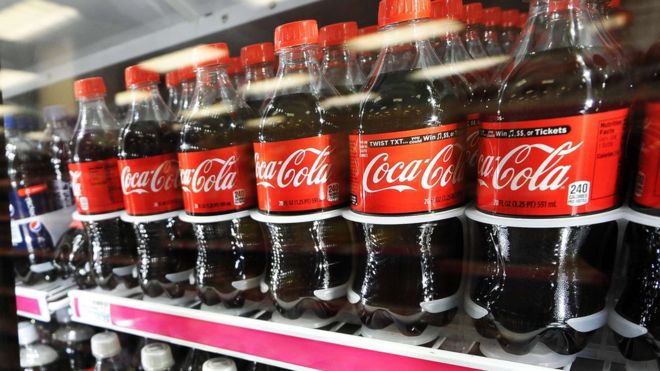
A new study suggests that while swapping a sugary beverage for an artificially sweetened one reduced the risk of early death, any more than four a day increased it.
Sugar-sweetened beverages include carbonated and non-carbonated soft drinks, fruit drinks, energy drinks and sports drinks.
In the new study, researchers at Harvard University looked at data from 80,647 women and 37,716 men who had answered questionnaires about lifestyle factors every two years.
They found that the more sugar-sweetened drinks a person drank, the more his or her risk of early death from any cause increased.
Compared with consuming these beverages less than once per month, drinking one to four was linked with a one per cent increased risk.
This rose to a 14 per cent rise in those drinking one or two a day and huge 21 per cent increase for those that had more than two a day.
Experts found people who drank more two or more sugar-sweetened drinks per day had a 31 per cent higher risk of early death from cardiovascular disease.
Each additional drink consumed per day increased the risk by another 10 per cent.
Researchers also found a link between sugary drink consumption and an early death risk from cancer.
They warned against excessive consumption of artificially sweetened beverages after finding that drinking at least four slightly increased the mortality risk.
Previous studies have linked these beverages with weight gain, type 2 diabetes, heart disease and stroke, but few have looked at mortality.
Walter Willett, professor of epidemiology and nutrition, said: “These findings are consistent with the known adverse effects of high sugar intake on metabolic risk factors and the strong evidence that drinking sugar-sweetened beverages increases the risk of type 2 diabetes, itself a major risk factor for premature death.
“The results also provide further support for policies to limit marketing of sugary beverages to children and adolescents and for implementing soda taxes because the current price of sugary beverages does not include the high costs of treating the consequences.”
Source: The Sun



